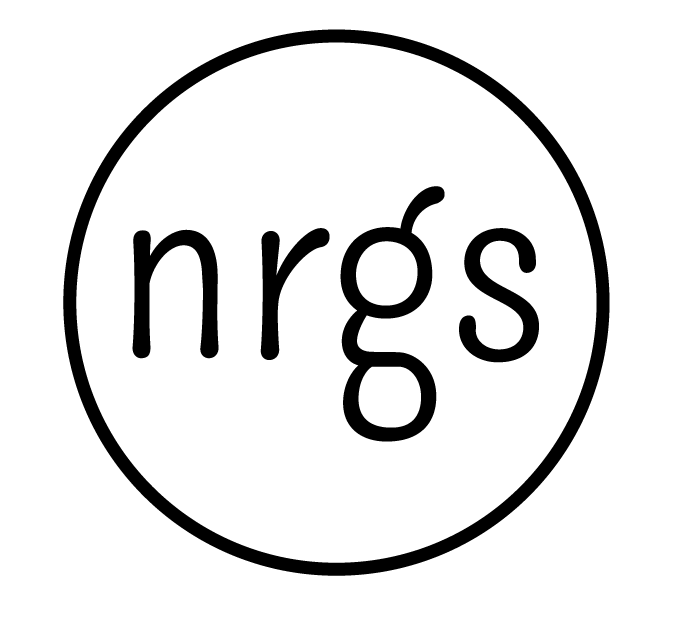nicholas (nick) stanger MA, PhD
Faculty of Education
Southern Cross University, Australia
Co-Director -
Redfish School of Change
Editor-in-chief -
Summit to Salish Sea: Inquiries and EssaysBiography
dr. nick stanger specializes in Human Society in its Environment, focusing on eco-sociology, centring Indigenous futures, and the other-than-human world. He has had the privilege of working with Indigenous educators worldwide for more than 20 years, exploring the interactions among environmental and Indigenous ways of knowing. Working with decolonizing methods, Nick engages with multi-modal community-based research that takes direction from local First Nations. Nick recently joined Southern Cross University's Faculty of Education from Canada and the United States, where he worked as an associate professor of environmental education at the College of the Environment at Western Washington University.
Research
His research uses an educationalist lens and participatory techniques to understand environmental sociology, ecological identity, transformative places, and Indigenous responses to climate change. He pursues projects that utilize his unique background as an ecologist, conservationist, educator, and knowledge mobilizer, and look for ways to support participants and provide nuance and complexity to pressing issues. He aims to understand, mobilize, and help create space for Indigenous communities to tell their stories of resurgence, cultural adaptation, and sovereignty all while helping find d pathways, protocol, and critical understandings amongst settler-colonial communities.
Teaching Philosophy
His teaching philosophy is rooted in place-based, Indigenous pedagogy that revolves around three main areas, environmental studies (including ecological identity, experiential education, protected areas, ecology, and environmental citizenship education), ecological sociology (behavioural and emotional connections to nature, Indigenous knowledge, eco-sociological methodology), and ecological curriculum theory (authentic, project-based inquiry, and place-based education). He believes in engaging students in the tenets of positive psychology (pleasure, meaning, and engagement) within his courses and work with student-focused and student-empowerment techniques such as Socratic circles, Transformative Inquiry, and Open Space Technology that asks them to identify their interests, voices, and communications practices as a way to co-create curriculum.
